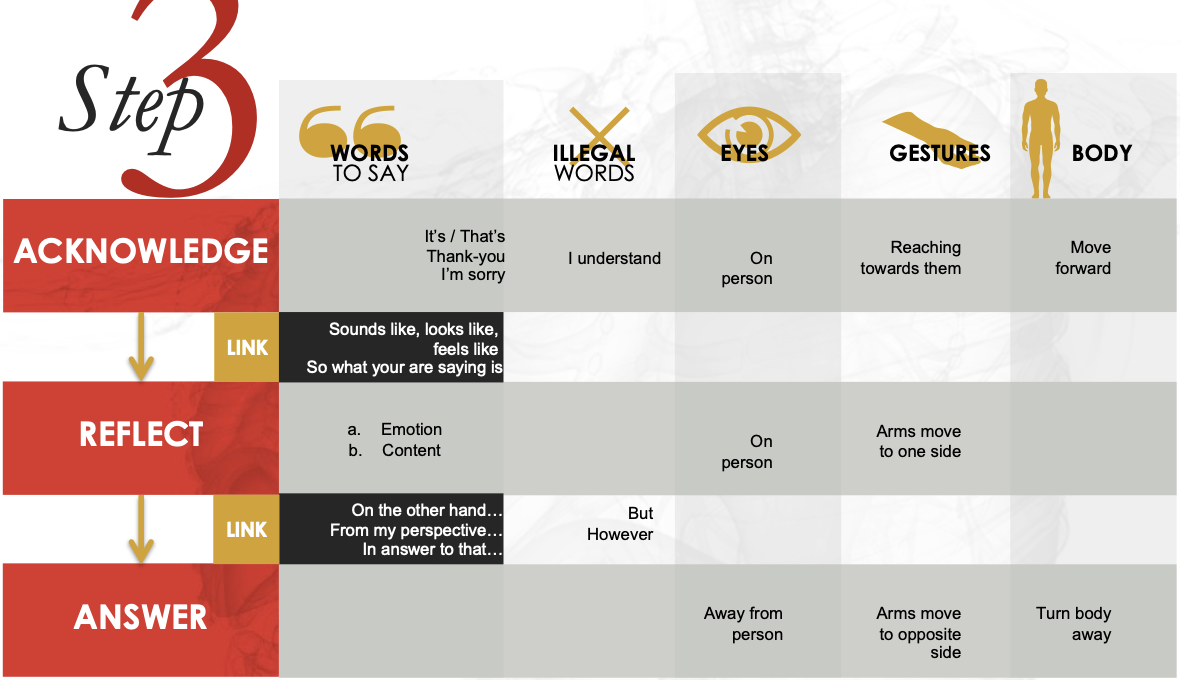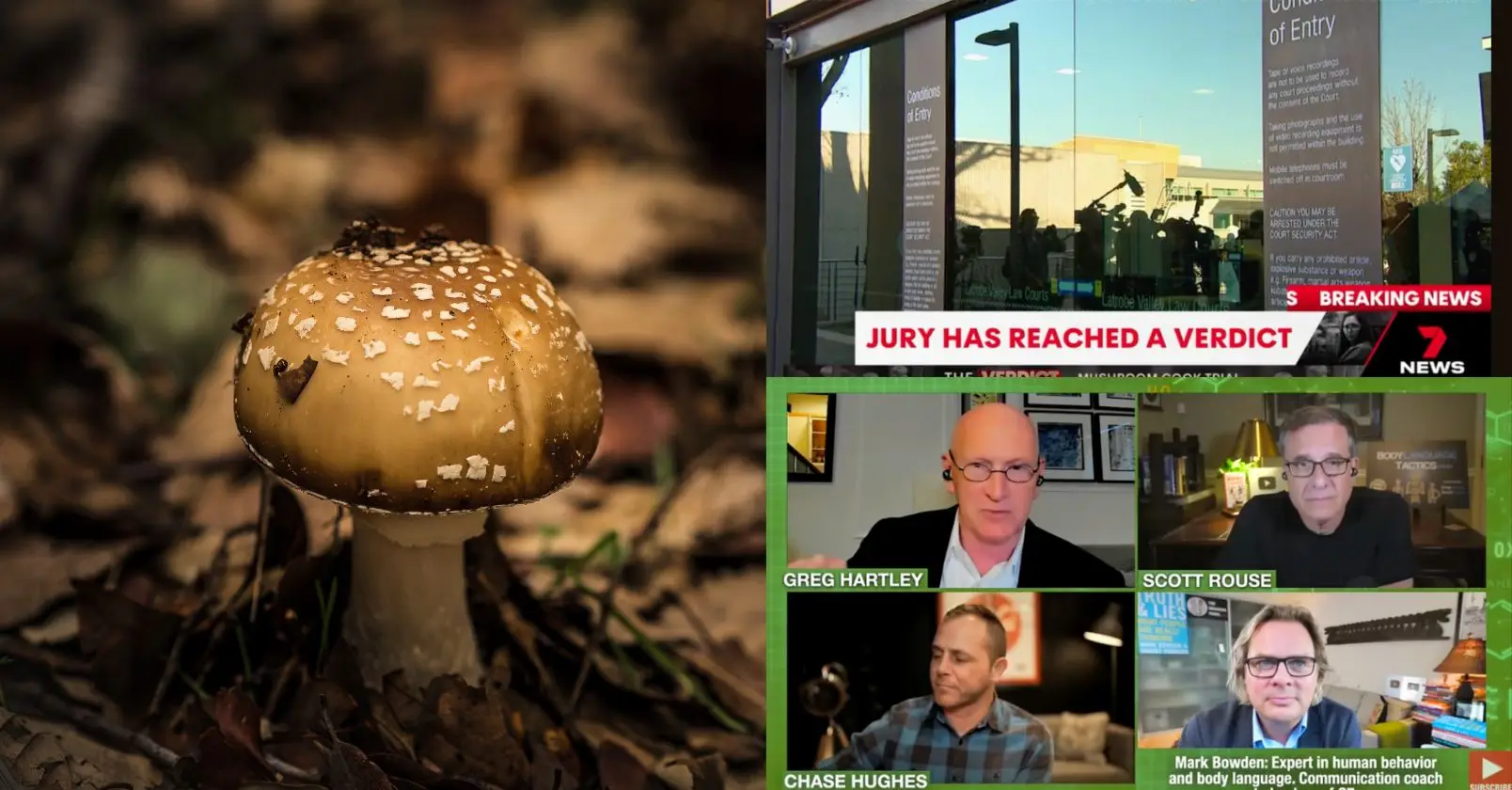It’s been a fascinating week. Clients with traumas, drama on the political front and TV on ‘first impressions’ that morphed into ‘dating’ and then morphed back to ‘how do you know if people like you’. . . . . . you know how it goes. Oh yes, and then ABC radio on Boris Johnson, which turned to Scott Morrison and all things communication (see below for links). A girl has to be on top of it all.
My question to you is this: I, like you, have opinions and ideas on lots of things and I know we will not always agree, but, how do we work together to discuss in grey areas of understanding?
I once sat next to Peter van Onselen, broadcaster/journalist/political commentator on the very long flight to Shanghai for a keynote. He was charming, polite and interesting, so I have followed him on social media ever since. As you do.
Late last week he posted something that was controversial. It doesn’t matter what it was, but the response to his post horrified me.
After reading on social media that “Peter Van Onselen is a cu…” more times than I care to mention, I reminisced with a client (who also happens to be a psychiatrist) about how we handle communication in ways that are so tainted by our own lives, our own black and white perspectives and our propensity not to see any grey area. It’s no good for us as organisations, groups or a nation and, according to my client, it is no good for us as individuals.
Now, I hate to say it, but women cop this worse than men. We seem to have targets on our foreheads. One realisation is that when you stick your head up, you get it knocked off. Remember the game as a child where you got a hammer!
Don’t be afraid. I am here to help.
it is also my experience that we internalise abuse more strongly than men and, if I really say what I am thinking, I’d say it is a way of devoicing 51% of the population.
If we want women in the media, if we want to hear all voices (and research tells us this is good for so many reasons), as we approach International Women’s Day, let’s stay open to discussion with techniques that help.
Here are some tips:
The common failings we have are twofold.
- Firstly, we deflect. This is done by finding something in the conversation that irks us and we take the conversation off in that one tiny direction, without understanding the full extent of the issue. Eg in Peter van Onselen’s case, this was the word “smile”. Everyone referenced the word ‘smile’, when maybe that was not the full message of his statement. Sometimes it involves taking offence at the word “never” or “always”. This technique is deceptive and effective, but does not work towards understanding or debate.
- Secondly, we go personal. We manage the person, not the ball ( the “c….” comment above is an example). Usually it is about gender, size, nationality, political perspective, education etc
Let me be your hard hat and if you would like to try something different for your responses, here are some ideas:
Positive Process for handling difficulty
- Acknowledge the comment with a choice of “That’s”, “It’s” or ‘Thank you” statements.
For example “Thank you for sharing your opinion”.
- Then reflect (this is not always important, but it helps tremendously to build rapport in emotional situations) their emotion and comment. For example, “Sounds like you are concerned about x, y and z”
- Then and only then, answer, perhaps with the link phrase “From my perspective. . . .”
And don’t forget the non-verbal aspects. Here’s a chart that might help.

Happy to discuss this with anyone and, of course, speak around International Women’s Day. Do contact me at [email protected] and if you have the strength, join me on these TV and radio interviews over the last 24 hours.
ABC Drive Hobart: https://bit.ly/365tYOL
The Morning Show: Instant emotions – Why we like or dislike people straight away.
Explore yourself in my upcoming events
28-30 August 2024 – The Confident Leader Retreat





